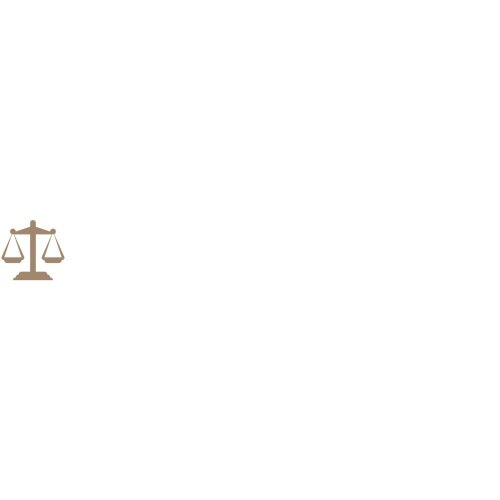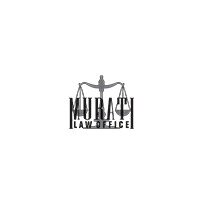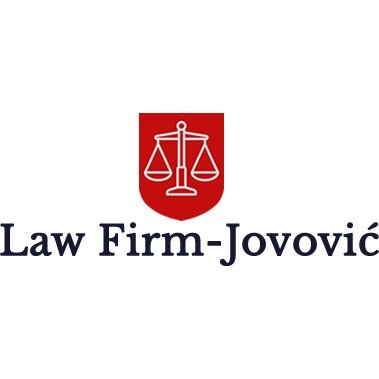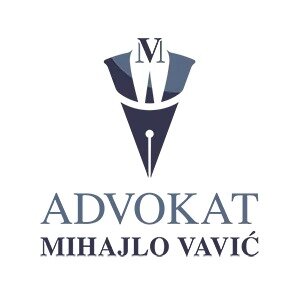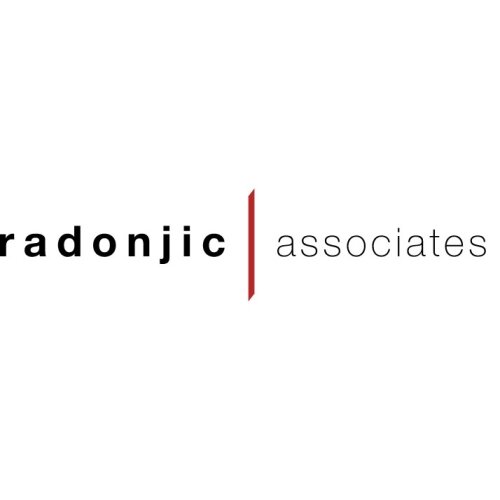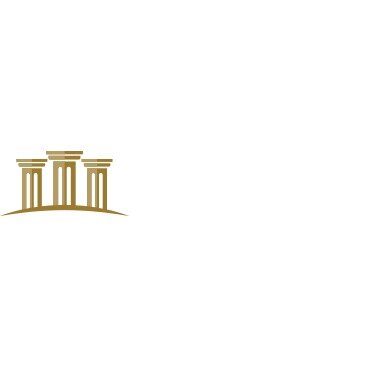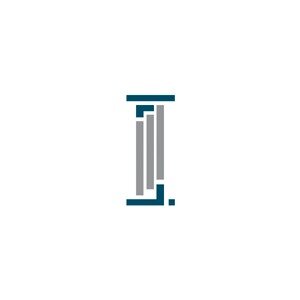Best Energy Regulatory Law Lawyers in Montenegro
Share your needs with us, get contacted by law firms.
Free. Takes 2 min.
Or refine your search by selecting a city:
List of the best lawyers in Montenegro
About Energy Regulatory Law in Montenegro
Energy Regulatory Law in Montenegro encompasses the set of rules, regulations, and legal frameworks governing the generation, transmission, distribution, and supply of energy within the country. The primary focus is on ensuring secure, sustainable, and efficient energy supply, promoting market competition, protecting consumer rights, and supporting investments in renewable energy sources. Energy regulatory matters cover activities related to electricity, natural gas, renewable sources, and sometimes petroleum products, with oversight provided by national regulatory and governmental authorities.
Why You May Need a Lawyer
Energy Regulatory Law can be complex and technical, especially for businesses and individuals unfamiliar with local legal requirements. Here are some common situations where legal help may be essential:
- Applying for energy licenses or permits for production, distribution, or supply
- Navigating regulatory compliance when operating within Montenegro’s energy sector
- Negotiating and drafting energy contracts, including supply agreements and power purchase agreements
- Resolving disputes with regulatory authorities, suppliers, or consumers
- Participating in energy market liberalization and market entry by foreign investors
- Seeking guidance regarding incentives for renewable energy projects
- Understanding tariffs, connection fees, and other regulated costs
- Pursuing administrative or judicial review of decisions by the Energy Regulatory Agency or other government bodies
Local Laws Overview
Key legislation affecting Energy Regulatory Law in Montenegro includes the Energy Law, the Law on Efficient Use of Energy, and associated bylaws. The Energy Regulatory Agency of Montenegro (REA) is the main body responsible for implementation and oversight. The legal framework regulates market operation, sets rules for licensing, and establishes the rights and duties of energy stakeholders.
The Energy Law establishes a competitive market model, but some elements such as transmission and distribution remain regulated. Licensing is mandatory for participants in the market, while tariffs and network charges are subject to approval by the regulatory agency. Renewable energy development is supported through incentives aligned with EU accession goals. Consumer protection and dispute resolution mechanisms are also integrated into national energy statutes.
Frequently Asked Questions
What is the role of the Energy Regulatory Agency in Montenegro?
The Energy Regulatory Agency oversees the functioning of the energy market, grants licenses, sets tariffs, monitors compliance, and addresses complaints from market participants and consumers.
Do I need a license to supply or distribute electricity in Montenegro?
Yes, legal entities must obtain a specific license from the Energy Regulatory Agency to supply or distribute electricity, as well as engage in other regulated energy activities.
Are there incentives for renewable energy projects?
Montenegro has established support mechanisms such as feed-in tariffs and guaranteed purchase agreements to encourage investment in renewable energy sources, subject to eligibility and regulatory approval.
How are energy tariffs determined?
Energy tariffs are proposed by operators but must be reviewed and approved by the Energy Regulatory Agency to ensure they are fair, transparent, and in line with legal requirements.
What is the procedure for connecting to the energy grid?
Applicants must submit a request to the relevant operator and meet technical requirements established by law. The process, fees, and timelines are regulated and supervised by the Agency.
Can foreign investors participate in Montenegro’s energy sector?
Yes, foreign entities can invest in energy projects or companies in Montenegro under the same conditions as local entities, subject to regulatory compliance and licensing.
What are the main renewable energy sources promoted in Montenegro?
Hydroelectric, wind, solar, and biomass energy are actively promoted and supported by the government for sustainable development and EU harmonization.
Whom can I contact if I have a complaint about my energy supplier?
Complaints can be submitted directly to the Energy Regulatory Agency, which has procedures to handle disputes between consumers and suppliers or operators.
How does Montenegro’s energy law align with EU directives?
National legislation is continuously harmonized with EU directives and the Energy Community Treaty, aiming to create a transparent, competitive, and sustainable energy market.
What are the penalties for operating without a license?
Unlicensed energy activities can result in fines, orders to cease operation, and legal actions taken by the regulatory agency or the courts.
Additional Resources
Several institutions and organizations can provide further information and assistance for energy regulatory issues in Montenegro:
- Energy Regulatory Agency (Regulatorna agencija za energetiku i regulisane komunalne djelatnosti - REA)
- Ministry of Capital Investments (Ministarstvo kapitalnih investicija)
- Montenegro Chamber of Economy - Energy Committee
- Agency for Environmental Protection (Agencija za zaštitu životne sredine) concerning renewable energy projects
- Energy Community Secretariat for guidance on harmonization with European standards
Next Steps
If you require legal assistance in any aspect of Energy Regulatory Law in Montenegro, begin by identifying the specific issue you need help with, such as licensing, compliance, or disputes. Gather all relevant documents and correspondence. Then, consult a licensed attorney with experience in energy regulatory matters in Montenegro. This specialist can provide tailored advice, represent you before the regulatory authorities, and assist you in negotiations or dispute resolution. Staying informed and seeking professional guidance early will help you effectively navigate Montenegro’s complex regulatory landscape.
Lawzana helps you find the best lawyers and law firms in Montenegro through a curated and pre-screened list of qualified legal professionals. Our platform offers rankings and detailed profiles of attorneys and law firms, allowing you to compare based on practice areas, including Energy Regulatory Law, experience, and client feedback.
Each profile includes a description of the firm's areas of practice, client reviews, team members and partners, year of establishment, spoken languages, office locations, contact information, social media presence, and any published articles or resources. Most firms on our platform speak English and are experienced in both local and international legal matters.
Get a quote from top-rated law firms in Montenegro — quickly, securely, and without unnecessary hassle.
Disclaimer:
The information provided on this page is for general informational purposes only and does not constitute legal advice. While we strive to ensure the accuracy and relevance of the content, legal information may change over time, and interpretations of the law can vary. You should always consult with a qualified legal professional for advice specific to your situation.
We disclaim all liability for actions taken or not taken based on the content of this page. If you believe any information is incorrect or outdated, please contact us, and we will review and update it where appropriate.
Browse energy regulatory law law firms by city in Montenegro
Refine your search by selecting a city.



